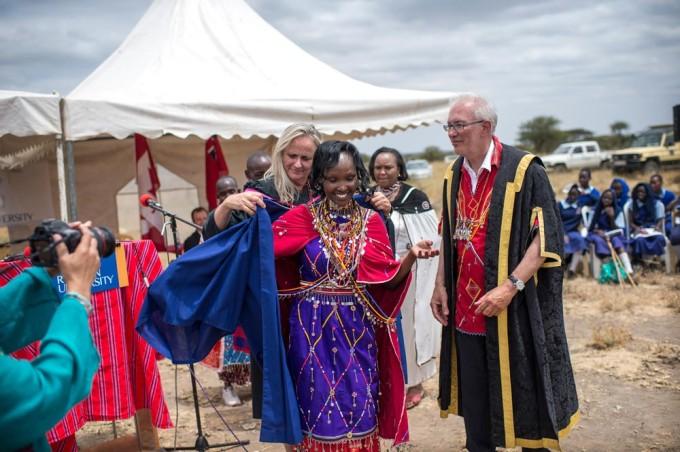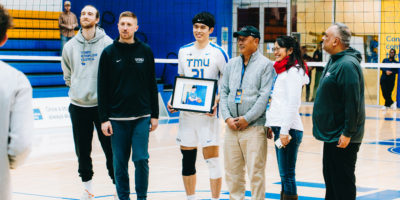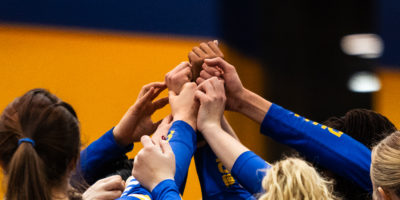By Jordanna Tennebaum
This past June marked a milestone for Ryerson University as a Kenyan native graduated from the school of social work.
Thousands of people, ranging from local politicians to native warriors, witnessed Teriano Lesancha’s academic feat at a convocation ceremony led by Ryerson President Sheldon Levy and sociology professor Jean Golden in her Maasai village.
“I had no idea that this was such a major event,” said Levy, who was impressed with the large scope of the ceremony.
“It included politicians coming in from helicopter, to the Maasai warriors coming to 1,800 people in trees watching it.”
Having always displayed a keen enthusiasm for school, it was Lesancha’s record-breaking grades in English that set her apart from her peers.
With the expectation of arranged marriages in Loodariak (a region of the Great Rift Valley in Kenya), many of Lesancha’s friends were married as young as 14.
Levy, who lived in Nairobi on -and- off in the 1970s noted that the area was extremely impoverished.
“You’re in an area that is three – and- a-half hours outside of Nairobi,” he said. “The only way to get out there is by Landrover. There’s no electricity and no water in this village. People live in huts made out of sticks and plastered in cow dung. When it rains, it rains through the huts and their currency is valued in cows and sheep.”
In a last-minute decision, largely backed by Lesancha’s mother, her high school education was paid for with help from charity funding by World Vision.
Lesancha’s success in high school level encouraged her scholarly passions as she soon after decided to study at Ryerson University. However, an unforeseen falling out with her sponsor left her helpless in her new Canadian surroundings, which led Golden to step in.
The Ryerson community and its affiliates went on to help raise approximately $100,000, putting Lesancha through three years of her undergraduate degree. The impressive financing venture holds a wealth of implications.
“It was the first time that the community ever embraced the potential and opportunity of education for their women,” Levy said. “It wasn’t so much that she got her degree. It was that she got her degree and returned to make a positive influence in her community.”
Since her return to Kenya, Lesancha has already established an equitable education scholarship program in Loodariak and a budding micro-finance group, both of which are geared towards women.
“The community now supports the education of their children, including girls. She will be a leader,” said Golden.
Goldelux Productions, a Canadian- based film group, is set to tell Lesancha’s story this fall. Titled The Maasai Are Coming, the documentary will cover Ryerson’s support of its students, and will speak to the rise of women in Kenya.












Leave a Reply